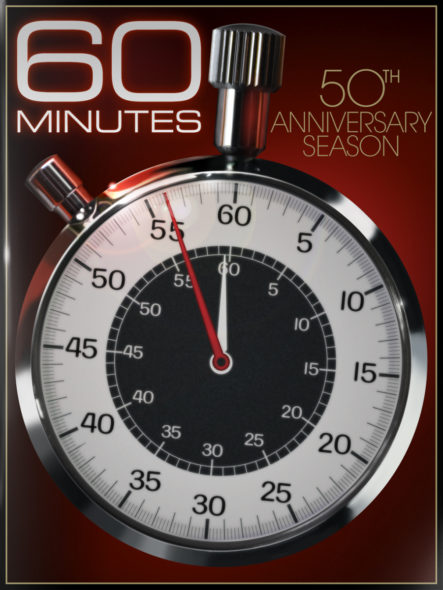
Helen Quewezance: And she put me underwater, slapping me and hitting me, slapping me and hitting me, and punching me and punching me and holding me under water, pulling my hair, and I thought, "God she's going to kill me, I'm going to die first day of school." For six years the commission heard testimony from survivors across the country. It also set up a $1.9 billion compensation fund and established a Truth and Reconciliation Commission that Chief Littlechild helped lead.

In 2008, after thousands of school survivors filed lawsuits, the Canadian government formally apologized for its policies. But his story is the exception.Ĭhief Wilton Littlechild: They didn't kill my spirit. He won a scholarship to university and graduated, eventually going on to a distinguished career in law. I think that's where my anger began as a young boy.Ĭhief Littlechild says he was able to take some of that anger out on the school's hockey rink. And worst of all, sexual abuse.Īnderson Cooper: You were sexually abused.Ĭhief Wilton Littlechild: Yes. Not just the physical abuse, psychological abuse, spiritual abuse. Leona Wolf: Sometimes, I wish it would be gone for all what happened here.Ĭhief Wilton Littlechild: Well, I think that's where the trauma begins. A three-storey tombstone for generations of children who died here. A reminder to a nation that would rather forget.
#60 MINUTES WINDOWS#
Its windows boarded up, Its rooms gutted. Most have been torn down, but the Muskowekwan residential school in Saskatchewan still stands.

The last of Canada's 139 residential schools for indigenous children closed in 1998. The former Muskowekwan residential school in Saskatchewan Many were physically and sexually abused, and thousands of children never made it home.

The children were often referred to as savages and forbidden from speaking their languages or practicing their traditions. Funded by the state and run by churches, they were designed to assimilate and Christianize indigenous children by ripping them from their parents, their culture, and their community. Starting in the 1880's and for much of the 20th century, more than 150,000 children from hundreds of indigenous communities across Canada were forcibly taken from their parents by the government and sent to what were called Residential Schools. Last year, when archeologists detected what they believed to be 200 unmarked graves at an old school in Canada, it brought new attention to one of the most shameful chapters of that nation's history.


 0 kommentar(er)
0 kommentar(er)
